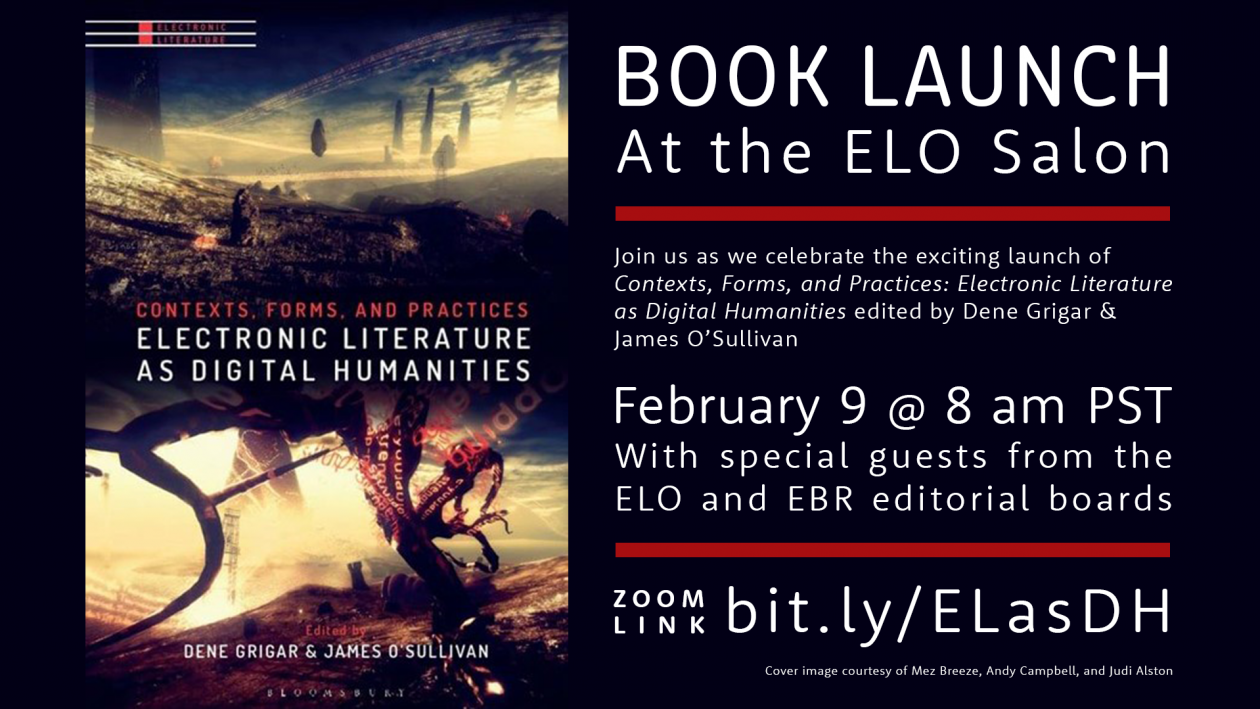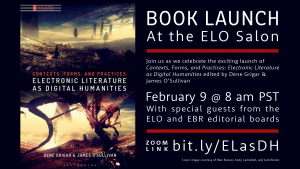ELO22 Call for Proposals
Conference: May 30-June 1, 2022
Deadline: January 7, 2022
#ELOitalia
Submit via EasyChair.
The HStudies Research Group of the University of Jyväskylä (Finland), with the University of Nagoya, Graduate School of Humanities (Japan), the Arab Academic Institute of Education/Arab Union for Internet Writers, the Digital Culture Center of Ciudad de México (Mexico), the Federal University of Santa Catarina, Núcleo de Pesquisas em Informática, Literatura e Linguística and the Federal University of São Carlos, Brazilian Digital Literature Observatory (Brazil), the Pontificio Collegio Gallio (Italy) have collaborated to organize the ELO 2022 International Conference and Media Arts Festival.
The theme for ELO 2022 is E2Lit: Education and Electronic Literature. #ELOitalia
We invite artists, researchers, scholars, PhD candidates, experts and practitioners to submit works, papers, case studies, and media artefacts for presentation at the festival and in the different venues of the in-person conference and online workshops and seminars.
THEME RATIONALE
Our society lives in a moment of complexity, where the exponential emergence of a web-based culture has triggered a different approach in relation to the spaces of communication, relationship, and learning. During the last years, the advent of new personal and wearable devices has favoured the emergence of a new literacy, based on a convergence culture (Jenkins, 2006).
Forms of fiction and literature underwent a process of disembodiment and cross-fertilization during the revolution from the Gutenberg Galaxy — printed paper, mass distribution — to the McLuhan Galaxy — new media, hypertext, collaborative writing — (Castells, 2003). The dimension of literacy has moved from a semiotically-measured geometry (De Saussure, 1916; Hjelmslev, 1969) to a dislocation and a deconstruction of contents and channels that give expression to new products (Derrida, 1974; Landow, 1994; Bolter & Grusin, 1999). The impact of social media on narratology has redefined the meaning of readership and authorship. The author has not only lost their traditional role, but becomes an icon of themself, a collective-minded producer that is self-perceived through the extra-flexed eye of the amniotic network in which they define their narrative experience (De Kerckhove, 2003).
Literature takes on different roles within the so-called new media. Particularly, digital literature is central to the humanities and to the culture that emerges from the digital environment (Grigar, 2021) and it may play a central role in education too.
Every generation develops blended competencies under the influence of new tools and communication frameworks (Bardi, Ciastellardi, Di Rosario, 2019). For several years now when it comes to storytelling and literature, we have seen cultural references in a continuous process of transformation and redefinition, both because of digital tools available to the public, and because of different emerging channels of dissemination and distribution that are (self)produced in an increasingly massive way. What appears is a different form of understanding and learning, and a new form of education for people at any level and at all ages (not limited, thus, to a scholarly perspective).
This conference seeks to shed light on digital literature according to the epistemological crisis of authorship and the new dimension of participation and relationship offered by both the Web and new media. The conference will offer keynote speeches and talks to examine specific case studies. Moving from the state of the art, the aim is to investigate the interdisciplinary relations in the field of electronic literature, in order to recognize patterns of theories, technologies, and social dimensions of the phenomena to offer a critical toolkit to understand and map out the emerging knowledge and practices created by this field and the multifaceted dimension of education.
Possible topics include but are not limited to the following conference’s tracks:
- E-lit as Digital Humanities: Digital layers, multifaceted comprehension patterns and critical thought to redefine the e-lit dimension in educative environments.
- Education beyond the (e)book: The possibilities of participatory culture in educational environments. How can e-lit promote values like democracy, pluralism, participation, diversity and sustainability…
- Coding education: the use of e-lit to set up essential skills to adapt to the digital age.
- E-practitioning: Literature and digital practices at crossroads.
- We are platforms: Rethinking e-lit and its educative role and collaborative practices after the emergence of the pandemic.
- AIrchive and UXPoetry: E-lit and its preservation between Artificial Intelligence and the need of a new poetic of user experience (UX).
- Digital Heterotopies: The possibilities within e-lit to present, criticize and denounce everyday social rhetoric.
- Education on diversity and sustainability: E-lit as cultural practice to educate about integration, gender respectfulness and global sustainability.
- Politics and Policies: Education on e-lit as a framework for civic engagement and civil society.
- STEAM-punk: The cross-fertilization among STEAM disciplines (science, technology, engineering, the arts, and mathematics) and the different approaches to e-lit culture.
- Polysemy and synaesthesia: E-lit forms and works to open a different perspective of meaning and knowledge across multisensorial and plural dimensions of understanding.
- Electronic Opificium: The Aesthetics of Tech. Experiments and handcrafted works to revitalize the idea behind literature and its digital possibilities.
Interdisciplinary contributions are especially welcome.
Accepted abstracts will be presented in the parallel sessions of the Conference and full papers will be published in the proceedings of the Conference. The conference organizing committee will provide a selection of the best papers to be published in a peer-reviewed journal.
Conference Talks in COMO (ITALY) & online
Submissions are welcome across the following formats:
- Paper (15 min – a presentation of a single paper by one or more authors – 500 words abstract). Paper submissions should be at most 3500 words long.
- Poster (1- page poster – format A2). 250-word (max) proposal.
- Panel (90 min – a proposal for a complete panel including 3 or 4 separate papers on the same general topic – 250 word overview plus 250 word individual abstracts).
- Lightning Talks (90 min – a proposal for a complete set of lightning talks, including 4-6 participants – 250 word overview plus 50-100 word descriptions of individual 5-7 minute talks).
Submissions should include the title of the submission, the name(s) and affiliation(s) of contributor(s), biographical notes for contributors, and a 500-word abstract.
The ELO22 conference will feature different synchronous and asynchronous venues. Online pre- and post-conference workshops and seminars will be organized in Japan, Israel, Finland, and Brazil.
For the in-person conference talks can be given in English, Spanish, Italian, French, Portuguese.
The deadline for submissions is January 7, 2022. Submissions will be peer-reviewed by the members of the scientific committee.
Festival Exhibition in Como (ITALY) & online
We invite proposals of digital artworks and e-lit pieces to be featured as part of the in-person ELO Conference and Art Festival on E2Lit: Education and Electronic Literature.
All forms of electronic literature, multimodal writing, digital art, playful narrative, literary games, hypertext, and screen fiction will be considered.
Please, be detailed on any special requirements. Submissions should provide the following information:
Author name(s) and biographical note(s); 500-word artist statement detailing the aesthetic intentions, the structure of the piece, and its relationship to the conference theme.
If you would like your work to be considered for a performance, please indicate that on the submission with an additional description (250 words max) of the nature of the performance as well as any technical requirements.
Statements should be anonymized for peer review. Technical specification providing exact details of what will be required to facilitate the work’s inclusion in the exhibition. This should include information on the materials, technologies, and spatial requirements necessary, and what the artist will require the gallery to provide. Please, be as detailed as possible regarding physical components and needs, including wireless internet.
Pieces accepted to either exhibition will need to be delivered (physically or virtually) prior to the exhibit’s opening, and will remain on display after the conference ends before being returned to the artist.
The deadline for submissions is January 7, 2022.
Please, note, do to time constraints, participants may only appear in the program twice, including combinations of artworks and talks.
For more information, contact Giovanna Di Rosario ELO 2022 Chair, e2lit@hstudies.net or giovanna.dirosario@hstudies.net
Partnerships
Pontificio Collegio Gallio (Italy)
Politecnico di Milano (Italy)
University of Jyväskylä (Finland)
The Arab Academic Institute of Education/Arab Union for Internet Writers
Nagoya University (Japan)
Federal University of São Carlos (Brazil)
Federal University of Santa Catarina (Brazil)
Digital Culture Center of Ciudad de México (Mexico)

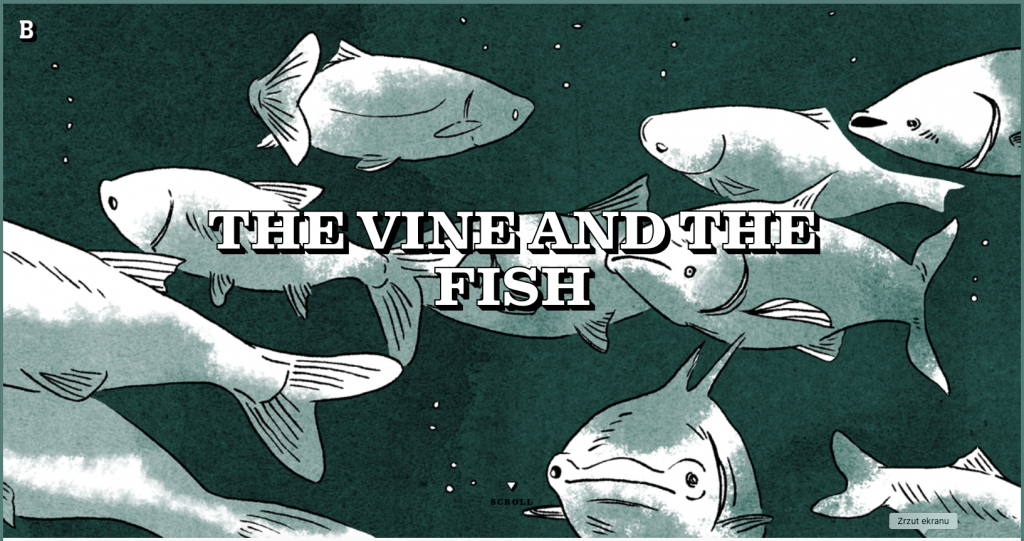
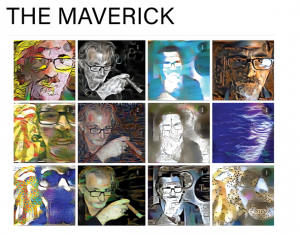
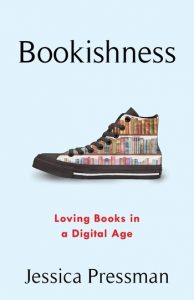
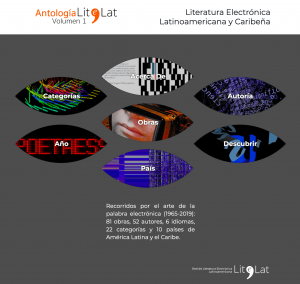
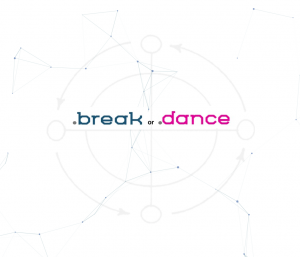

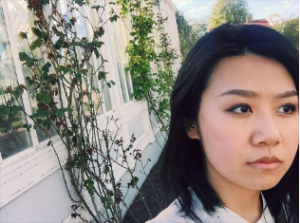 Lai-Tze Fan [pronounced: ligh (“light” without the t) + chee] is an Assistant Professor of English at the University of Waterloo, Canada, and a Faculty Researcher of the Critical Media Lab and Games Institute. Her federally funded research explores digital storytelling, media theory and infrastructure, research-creation and critical making, and systemic inequalities in technological design and labour. Fan is an Editor and the Director of Communications of electronic book review and a Co-Editor of the digital review. She is Co-Editor of the 2020 collection Post-Digital: Dialogues and Debates from electronic book review (Bloomsbury), Co-Editor of the ebr special gathering “Canadian Digital Poetics,” and Editor of the forthcoming special double issue “Critical Making, Critical Design.”
Lai-Tze Fan [pronounced: ligh (“light” without the t) + chee] is an Assistant Professor of English at the University of Waterloo, Canada, and a Faculty Researcher of the Critical Media Lab and Games Institute. Her federally funded research explores digital storytelling, media theory and infrastructure, research-creation and critical making, and systemic inequalities in technological design and labour. Fan is an Editor and the Director of Communications of electronic book review and a Co-Editor of the digital review. She is Co-Editor of the 2020 collection Post-Digital: Dialogues and Debates from electronic book review (Bloomsbury), Co-Editor of the ebr special gathering “Canadian Digital Poetics,” and Editor of the forthcoming special double issue “Critical Making, Critical Design.”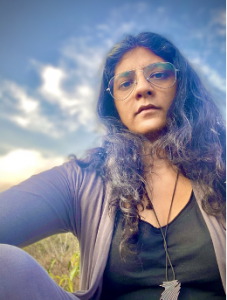 Archana Prasad has been actively engaged with technology enabled participatory art practices for more than two decades. As Founder & CCO of Dara.network, she looks at taking her interest to foster creative cross-border collaborations further by helping change-makers and institutions build social capital. She engages public awareness of the UN’s Sustainable Development Goals through BeFantastic, an international Tech-Art platform founded by her in 2017.
Archana Prasad has been actively engaged with technology enabled participatory art practices for more than two decades. As Founder & CCO of Dara.network, she looks at taking her interest to foster creative cross-border collaborations further by helping change-makers and institutions build social capital. She engages public awareness of the UN’s Sustainable Development Goals through BeFantastic, an international Tech-Art platform founded by her in 2017. 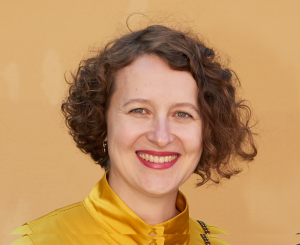 Olga Goriunova is Professor at Royal Holloway University of London and author of Art Platforms (Routledge, 2012) and Bleak Joys (with M.Fuller, University of Minnesota Press, 2019). An editor of Fun and Software (Bloomsbury, 2014), she was a co-curator of software art platform Runme.org (2003) before the age of social platforms. She also wrote on new media idiocy, memes and lurkers. Her continuing interest in the intersection of aesthetics, computation and subjectivation has led to her current work on machine learning and subject-construction.
Olga Goriunova is Professor at Royal Holloway University of London and author of Art Platforms (Routledge, 2012) and Bleak Joys (with M.Fuller, University of Minnesota Press, 2019). An editor of Fun and Software (Bloomsbury, 2014), she was a co-curator of software art platform Runme.org (2003) before the age of social platforms. She also wrote on new media idiocy, memes and lurkers. Her continuing interest in the intersection of aesthetics, computation and subjectivation has led to her current work on machine learning and subject-construction.